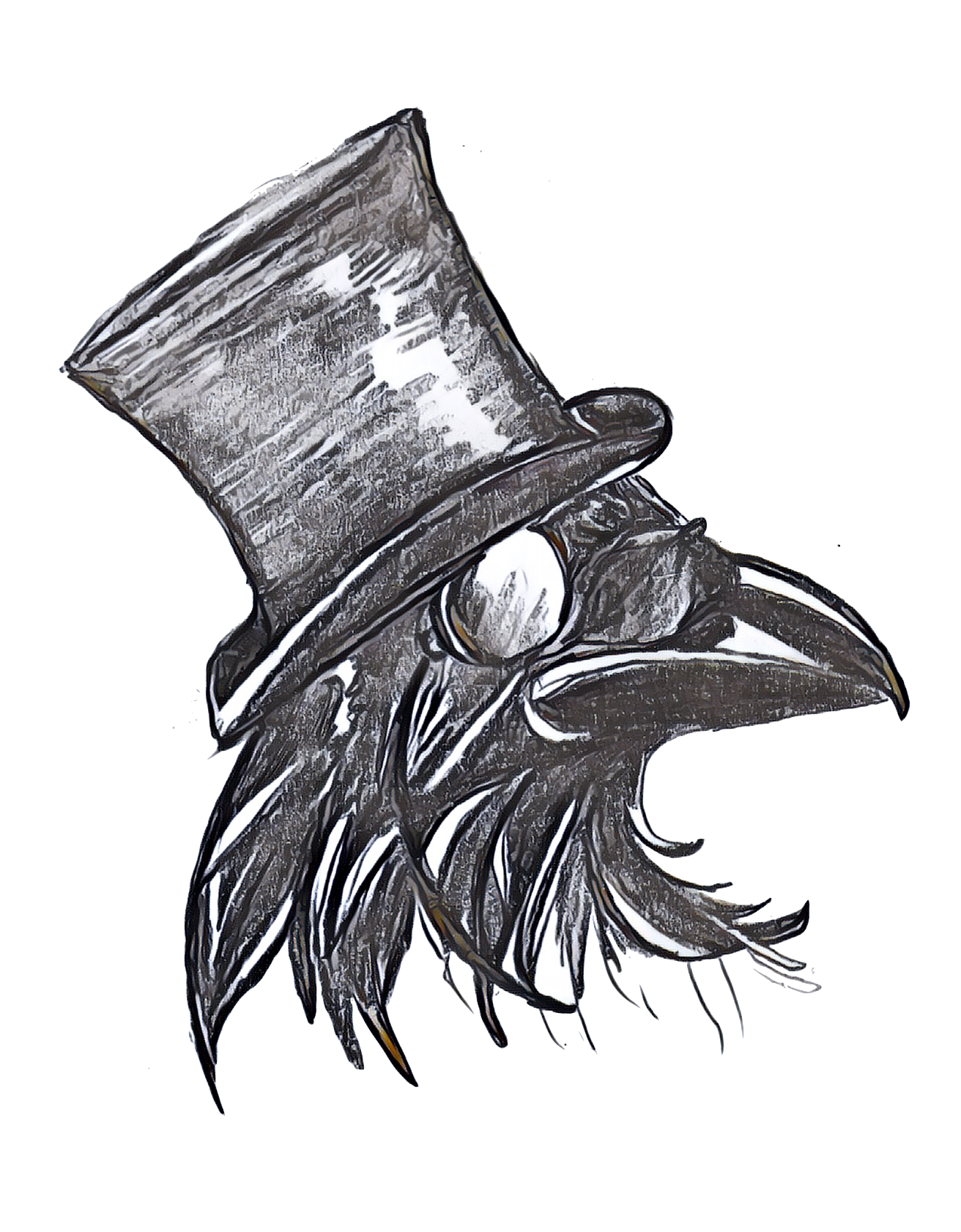Seeing the Heavenly Host
The Bible talks a lot about the "heavenly host", "LORD of Hosts", "host of heaven", "heaven's armies", etc., depending on the translation. The Old Testament has many references about gods and God. While there is One God, maker of heaven and earth, who established a relationship with the nation of Israel, the Biblical writers clearly reference the other "gods."This phrasing freaks modern people out. If you use the biblical language to talk about other gods, modern people will start to hyperventilate and talk about how you're a polytheist. They see "gods" in scripture and declare that really, the passage is talking about "men." Not kidding. Had a discussion on Facebook where the "gods" in Psalm 82 were declared vehemently by many people to be "humans."If they were humans, the writer would have indicated that. Instead, the writer indicated "gods." And that's not the only place. "Gods" is the correct translation in over 200 instances, in the English Standard Version translation. In many cases, the writer has in mind specific spiritual entities that people were worshiping and which had actual power. They are spirits and they are not God, but being worshipped, they were called gods. Moses plainly states in Deut 32 that these "gods" are demons. [ref]Some ancient Hebrew words in certain contexts are confusing, with respect to if they refer to living humans, giants, or demons or other kinds of spirits (the Hebrew word rephaim, for instance), and I certainly have nothing to add to that scholarly discussion.[/ref]When I reference "divine beings", I always mean entities that reside naturally in the spirit realm. And yet people often argue, "there are no such thing as divine beings. There's only God."Yes, there is God. And there are other spirit beings that reside in heaven and in the spirit realm: divine beings.
The Bible Can Be Trusted
Here's an idea: let's take the bible on it's terms, instead of projecting our modern ideas onto it. The Bible reveals an amazing amount of information about the spirit world; fully a third of it involves visions and dreams: stuff recorded by Seers!What the Bible reveals about the spirit world and God's sovereignty goes a long way to helping us understand the spiritual authority God has delegated to humans (particularly Christians) on the earth, as well as the authority he had delegated to other spiritual powers in the past.Here's a great introductory article about these concepts. As you read it, allow your mind to be transported to another time, another place, a different culture, a different worldview. Not a superstitious worldview, but one which embraced the reality of the spirit realm... a realm which seers can sometimes peer into. Thanks to Logos Bible Software for making this article available, and to Cris Putnam who pointed it out to me.
The Divine Assembly
E. T. Mullen Jr., “Divine Assembly,” ABD 2:214–17; idem, The Divine Council in Canaanite and Early Hebrew Literature (Chico, CA: Scholars Press, 1980).
The Bible presents us with an earthly world and a heavenly world, two interconnected-and sometimes indistinguishable-stages on which the biblical drama takes place. The view of the heavenly world focuses primarily on the divine throne room and related elements of divine royalty. This is the imagery of transcendence adapted by the Bible from its cultural environment. The gods of the ancient Near East were not spoken of in abstract terms-as theologians today might speak of divine sovereignty, omnipotence, omnipresence or aseity-they were vividly imaged in the language of kingship and warfare, love and fertility, house building and banqueting. And so also for Israel, to “do” theology was to tell God’s story and to fashion images and metaphors that both rightly described their subject and engaged the imagination. The theologians of the Bible-its poets and prophets, chroniclers and sages-borrowed, refashioned and subverted the images and symbols of the gods of their neighboring cultures. Their audiences expected to be offered glimpses of the heavenly court as a means of understanding the ways of God.
- RSV RSV. Revised Standard Version
- cf. cf.. compare
- e.g. e.g.. for example
- NIV NIV. New International Version
- LXX LXX. Septuagint (Greek translation of the Old Testament)
- NT NT. New Testament
- ABD ABD. Anchor Bible Dictionary
- Leland Ryken, Jim Wilhoit, Tremper Longman et al., Dictionary of Biblical Imagery, electronic ed. (Downers Grove, IL: InterVarsity Press, 2000, c1998), 50.







